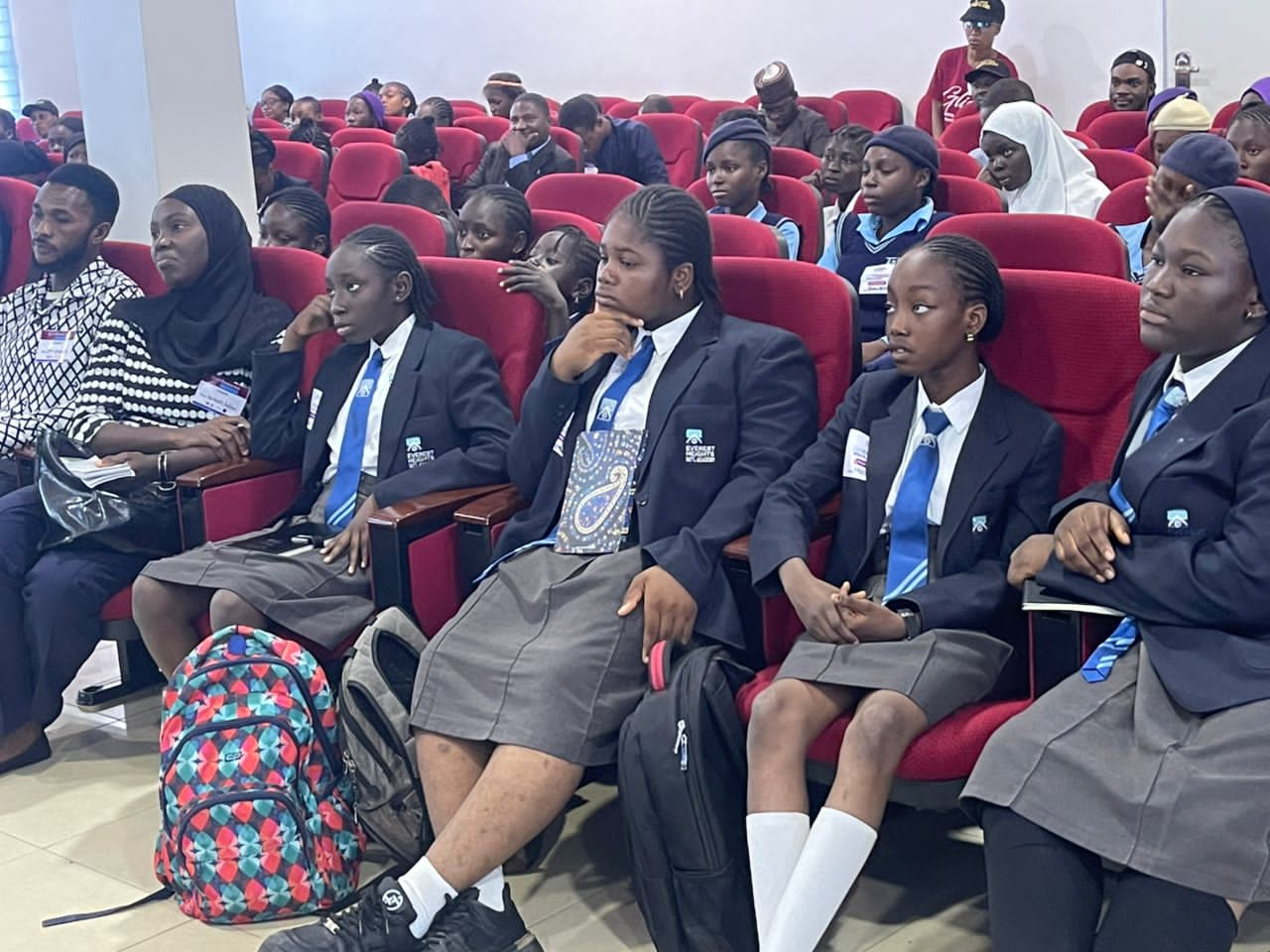Education experts have called on school owners, policymakers, and government leaders to prioritise Artificial Intelligence (AI) literacy among students and teachers from an early age.
Abba Saidu, Executive Director, Glisten International Academy made the call at a Girl Powered Workshop organised by an NGO, the Miraisha Foundation Nigeria, in Abuja on Thursday.
The event was also organised in partnership with Glisten International Academy and Robotics Education and Competition (REC) Foundation, to commemorate the International Day of the Girl-Child with the theme: The Girl I am, The Change I Lead: Girls on the Frontline of Crisis”.
Saidu also advocate for the empowering of girls to explore their full potential in science, technology, engineering, and mathematics (STEM) fields.
” Empower girls to know that they can unleash their potentials, that they can also do what the men are doing. They can be in these fields and all the fields of STEM.
” And that just basically inspires them and also to let them know of the key subject or areas that need to be highlighted.
“Like today, we spoke about their potentials to use their brains, their voices and sisterhood. And with more issues of what we have today in the future and in the future with the AI usage and how they can finetune their skills and navigate the challenges around the world for a better future for everyone,” he said.
He emphasised that girls must be encouraged to “unleash their potentials” and pursue opportunities in male-dominated disciplines.
When asked if AI won’t erode the role of teachers, he said AI had already started taking over some aspects of teaching because students now prefer to ask AI for clarifications.
He urged educators and administrators to take proactive steps to close the AI knowledge gap between teachers and students.
“It’s not to say that the teachers are not needed. Yes, we need the teachers to guide our students on how to ask these questions and how to behave and use the AI tools.
“For every school owner in Nigeria, legislators, leaders, anyone that is affected or has interest of this country at heart, we need to take the aspect of AI literacy seriously.
“At a young age, we need to start letting our kids know how to use this AI.
” Even though if we don’t allow them to use AI, we need to have a law or regulations on how everyone needs to know what AI literacy is all about,” he said.
Also, the National President, National Association of Proprietors of Private Schools(NAPPS), Dr Samira Jibir, encouraged young girls to embrace courage, innovation, and self-belief as they pursue opportunities in Artificial Intelligence (AI) and other emerging fields.
Jibir, who is also the Chief Executive, Glisten International Academy, noted that while many girls were celebrated in social and entertainment spaces, fewer were recognised in the fields of science, technology, and innovation.
“Girls are powerful, they are unique but they need to know more and the bias that girls can’t do this has to be wiped away and we know certainly that they can do it when they put themselves to it.
“And we just felt that the girl child is celebrated but not in this way, making them feel good, not people talking to them. They talking about themselves, engaging in themselves in what they can do,” she said.
One of the participating student, Imelda Odey, who shared her view about AI in learning and gender bias, called for improved use of AI in the education system.
Odey, who is nursing the ambition of becoming a lawyer, explained that growing up as a girl often comes with challenges, including gender-based mistreatment and social pressure that silence young women.
“When people hit us or make us feel small, we enter into our shell and feel threatened. But I want to help women know that they matter, their voice matters,” she said.
Odey also highlighted the importance of training teachers to become more digitally literate and adaptable in a rapidly evolving technological world.
“Many teachers don’t use AI. They are old-fashioned, but now AI is everywhere.
“Teachers should be more engaged and supervise students while learning AI. It will help both teachers and pupils improve,” she said.
She also cautioned that while AI is beneficial, it must be used wisely to complement and not replace human learning.
“AI has helped me in school, especially in computing classes. But it’s not every time you use AI; sometimes you should think for yourself before going to it,” she advised.
